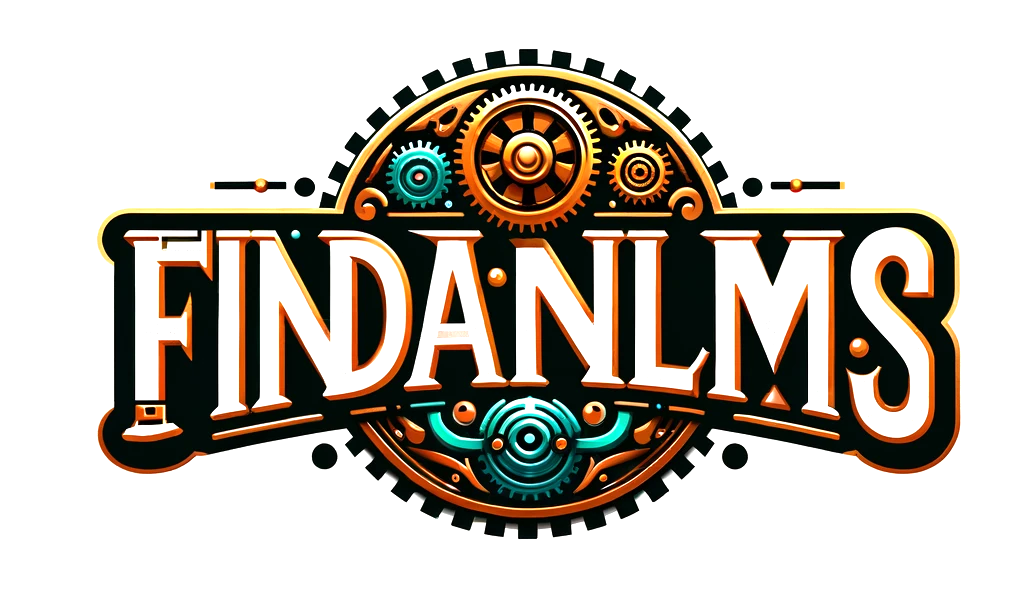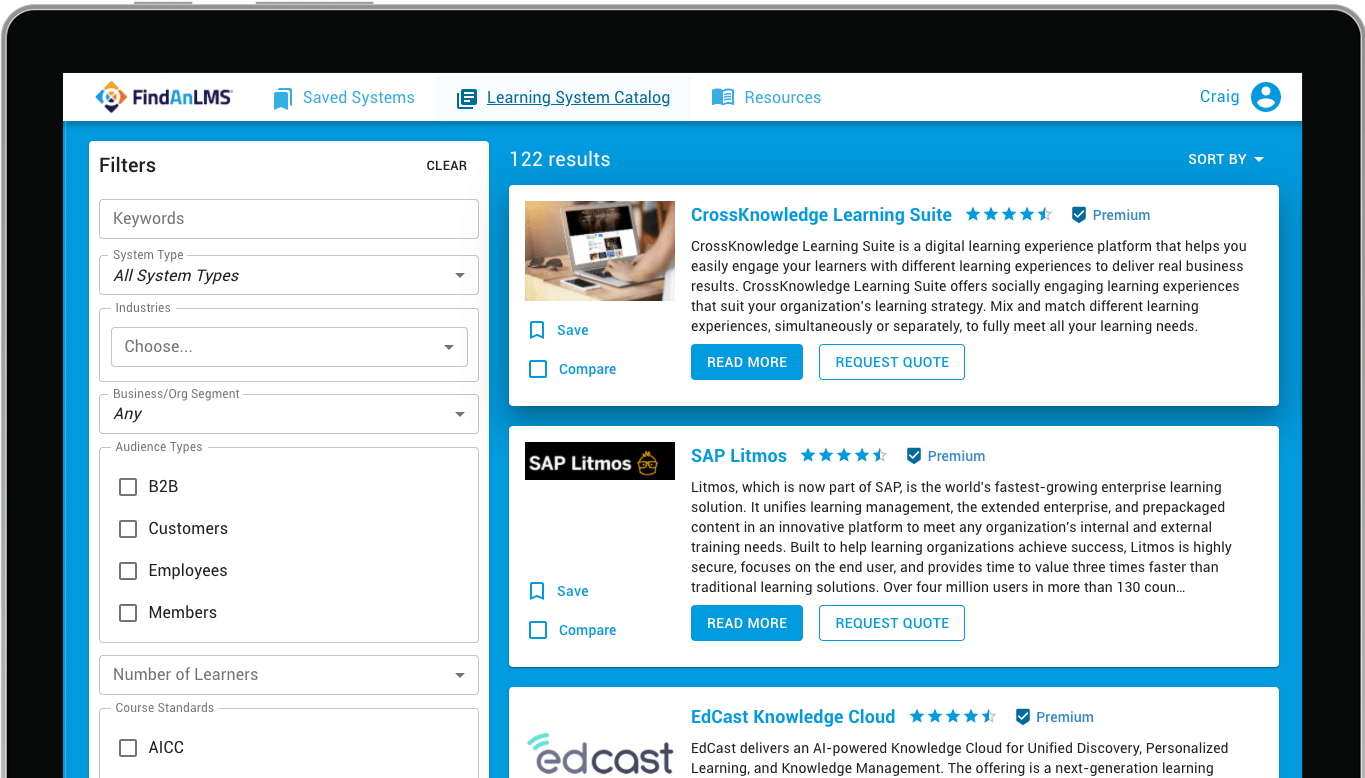Every student is capable of learning, but all students do not learn in the same way. This basic idea has been a hallmark of education for centuries, encouraging teachers to design lesson plans capable of reaching every student. Sadly, the typical classroom setting involves strict time constraints that can force the teacher to move on before every student is ready. Likewise, teachers are often responsible for several dozen students at once, limiting how much 1-on-1 time pupils receive. The same issues frequently arise in corporate training settings where the students are professional workers.
The adaptive learning model offers a solution to this conundrum. In a nutshell, adaptive learning means giving each student a personalized education. Traditionally, this has been achieved through 1-on-1 tutoring and additional practice problems to help students with classes such as math and science. Unfortunately, the average school doesn’t have enough faculty to offer these opportunities to everyone, leaving some students behind. Similarly, employers often lack the resources to invest in comprehensive development programs. The introduction of adaptive learning technologies like machine learning and AI has made adaptive learning more scalable, but you still need the right software and platform to make it a success.
If you need help finding a great adaptive learning platform, Craig Weiss can help. Weiss has worked in the online learning field for more than two decades. He possesses strong firsthand knowledge of all of the technology used for e-learning and understands the unique needs of students of all ages and ability levels, making him a valuable resource for any school or organization ready to invest in adaptive learning technology. You can create a free account on FindAnLMS.com to read exclusive reviews of the top learning management systems (LMS) on the market right now. Or, keep reading to learn more about how adaptive learning technology can help drive superior student outcomes.
What is adaptive learning?
The specific definition of adaptive learning varies from source to source, but it generally refers to a type of learning where students receive customized resources and activities to address their personal learning needs. For example, a struggling student might receive extra practice questions to reinforce their command of the content before moving on to the next topic. Adaptive learning also allows students to progress at their pace, allowing advanced learners to explore more challenging content than their peers.
Most students improve their scores on assessments and retain more content with adaptive learning support, so its value isn’t questioned in the education community. The problem with adaptive learning has always been how difficult it can be to implement, with technology making adaptability scalable only recently.
How can adaptive learning support students in traditional education?
Every student has a different innate learning style, and adaptive learning ensures learners can study however they work best. For instance, a visual learner might look at infographics to deepen their understanding of geography while an aural learner gets more out of replaying a video of the classroom discussion. Adaptive technology helps teachers keep track of all of their courses, ensuring the volume of course materials never becomes overwhelming.
Similarly, adaptive learning provides students with real-time feedback on their performance. If a student excels at balancing chemical equations or identifying an author’s thesis, they can spend less time on those subjects. If a learner is struggling with algebraic expressions or learning a foreign language, the software can point out their specific areas of opportunity to help them improve. Likewise, teachers get valuable data on student performance without waiting for a formal assessment. Should intervention prove necessary, it can happen quickly.
Since students receive personal attention with adaptive learning, they also feel like they have more control over their education. This inspires them to put forth more effort, leading to greater engagement and better learning outcomes. Academic successes offer positive reinforcement as well, so students feel smart as they pursue their learning goals.
Can learning software facilitate similar learning experiences in a corporate training context?
Corporate learners receive many of the same adaptive learning benefits as K-12 students do. Workers lead busy lives and adaptive learning allows them to learn more efficiently, showing employees how much their employer values their time. This can improve company morale. Instructors can also use the software to track courses and student performance data, making it easier to prove the ROI of employee development programs to management.
Adaptive learning supports just-in-time learning too, bridging the gap between educational content and workplace responsibilities. If a salesperson feels they could’ve handled a pitch better, they can enroll in courses to refine it. Or, the software could display OSHA regulations to employees in the field. Instructors can see assessment scores and completion rates as well, allowing them to intervene whenever learners begin falling behind.
Giving students agency in how to approach education is even more important in a corporate setting since learning isn’t mandatory. Adaptive learning technology makes content more accessible and enjoyable, giving students a clear incentive to use it. Many software solutions link skills to job roles now, making adaptive learning more appealing to workers looking for career advancement opportunities. Since employee development frequently covers more distinct topics than K-12 education, managing everything online makes life easier for administrators.
Find the technology you need to launch an adaptive learning program with FindAnLMS.com
While adaptive learning can be a powerful tool, implementing it without the right adaptive learning technology can backfire spectacularly. You’re depending on the software to collect data on student performance and interpret it to generate customized learning plans. If those plans fail to follow a logical sequence, your students will rebel against the learning software and stop using it entirely.
You don’t want that to happen, so why not create a free account on FindAnLMS.com today? FindAnLMS.com lists the best LMS vendors curated by online learning expert Craig Weiss. You can see each vendor’s features, compare up to four systems head-to-head, and save your favorites for future review. Contact information is also provided to streamline the process of collecting quotes. Best of all, Weiss provides exclusive ratings and insights that you won’t find anywhere else.
If you’re looking for a great adaptive learning technology platform, FindAnLMS.com is where your research should both commence and end. You won’t believe how easy finding an LMS can be!

